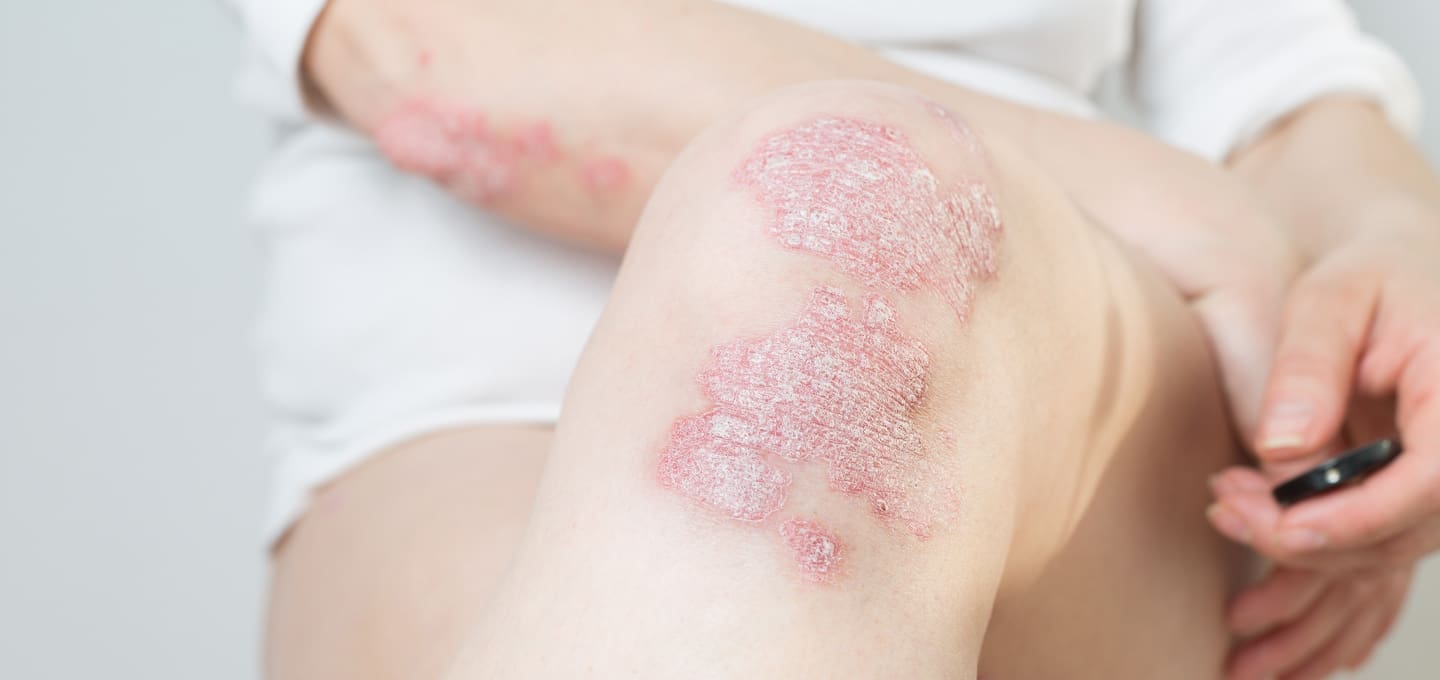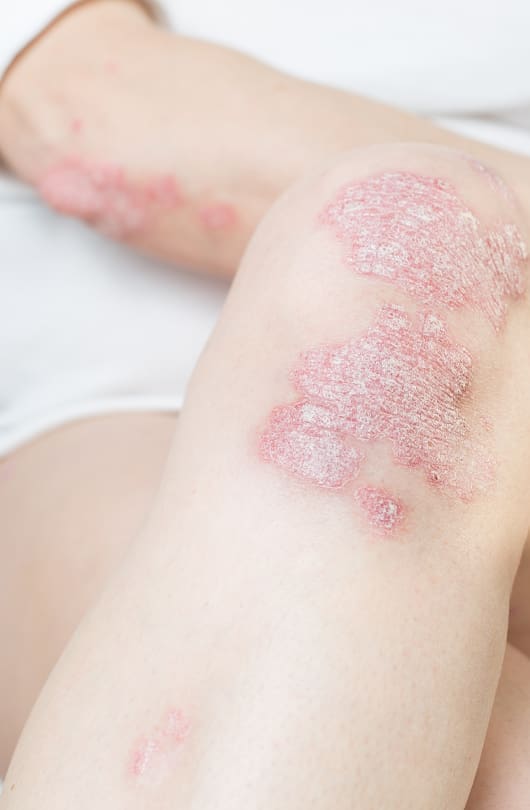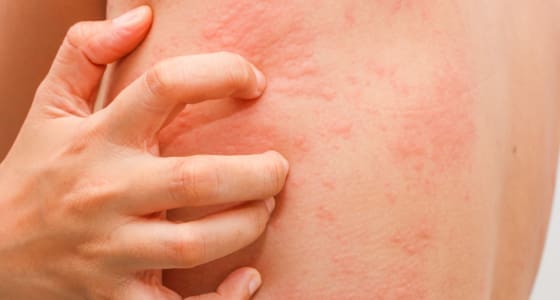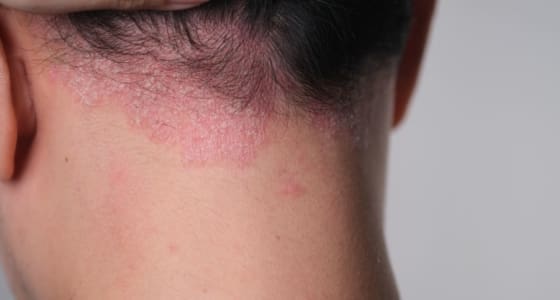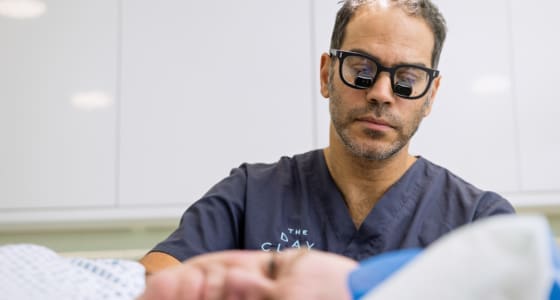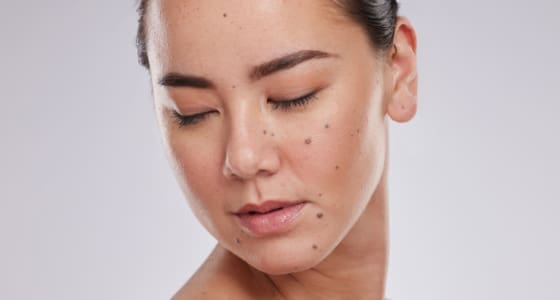It can affect both men and women equally, most commonly developing during adulthood, with severity varying from person to person.
Psoriasis is a chronic autoimmune skin condition whereby the immune system mistakenly attacks healthy skin cells, accelerating their growth cycle. This results in the rapid turnover of skin cells, leading to the characteristic patches and scales on the skin’s surface which are often red or silvery-white. The affected area is typically itchy and painful, and can appear anywhere on the body. Common areas affected include: elbows, knees, scalp, and lower back. In severe cases, psoriasis can lead to joint pain (psoriatic arthritis) and affect nails. The condition is non-contagious but can be emotionally distressing due to its visibility.
The precise cause of psoriasis remains complex and not entirely understood, but it is thought to be a combination of genetic predisposition and environmental triggers. Genetic factors play a significant role, as psoriasis tends to run in families. Specific genes, like those related to the immune system and skin function, may contribute to its development. Additionally, environmental triggers can provoke or exacerbate psoriasis in genetically susceptible individuals. These triggers can include: stress, infections (particularly streptococcal throat infections), skin injuries, certain medications, smoking, and excessive alcohol consumption. Inflammation also plays a crucial role in the development of psoriasis lesions. Factors like obesity and certain co-morbidities, such as cardiovascular disease and metabolic syndrome, may further aggravate the condition.
Psoriasis treatment aims to alleviate symptoms and reduce inflammation. Topical therapies, like corticosteroid creams, are commonly used for mild cases, with moderate to severe cases requiring prescribed oral or injectable medications that target the immune system.
At The Day Clinic we take a holistic approach to psoriasis and can help you with lifestyle adjustments, including stress management and maintaining a balanced diet, which can be complemented by medical interventions. Targeted skincare can help to keep the skin moisturised and hydrated which helps to ease inflammation and irritation.
